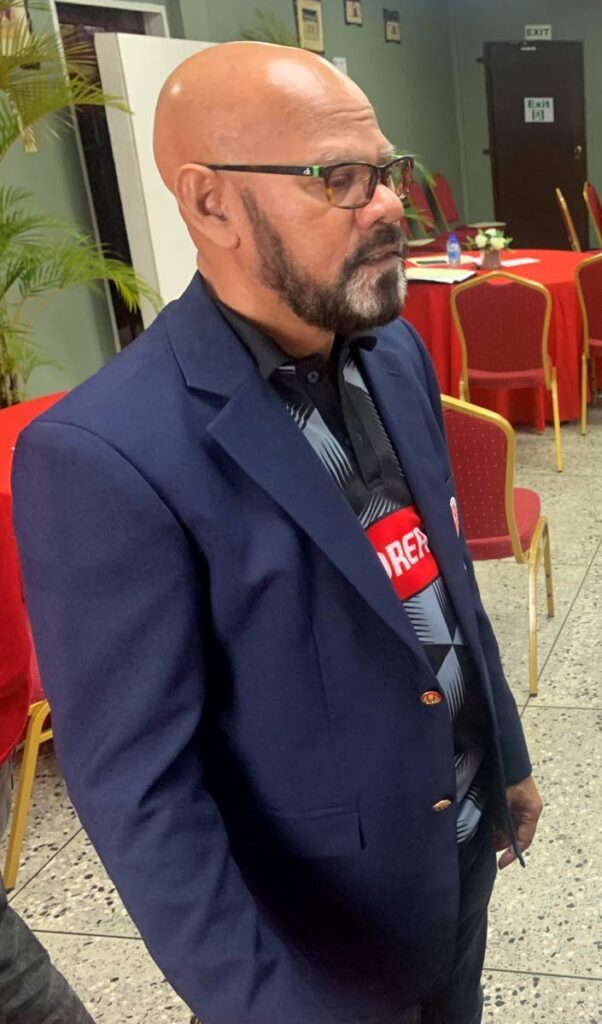Safeguarding whistleblowers

After the Trinidad and Tobago Cricket Board (TTCB) took a decision to dismiss Kiswah Chaitoo as treasurer on a "no confidence" motion, the board was served with a pre-action protocol letter by three cricket zones, Central, North and South-West, warning of injunctive relief if the executive proceeded with its intention to dismiss Mr Chaitoo.
It's a matter that should be clarified in court. What so disturbed the Cricket Board that it was moved to dismiss him from his post? Apparently, his report to the Fraud Squad in December that some $500,000 was allegedly misused over a five-year period.
If that is so, the TTCB is putting itself in the position of firing its treasurer for doing the job he was elected to do.
Mr Chaitoo believes that the decision of the board and executive was taken because they felt no need to take the matter to the Fraud Squad. Given the nature of the alleged fraud, distribution of blank cheques leading to suspicious financial activity, who was the treasurer expected to trust in this matter other than an independent third-party investigator?
A greater concern is that Mr Chaitoo's fate follows an unfortunate trend of treating whistleblowers like snitches, betraying confidences that aren't worth keeping.
In May 2019, well before her fateful showdown with the Massy Group board of directors, Angelique Parisot-Potter warned the TT Chamber of Industry and Commerce of the need for safe spaces that empower people to speak up on matters of concern to businesses, their shareholders, politicians and their political parties and the ultimate stakeholders, the citizens of TT.
Piloting the Whistleblower Bill in the house that month, former AG Faris Al-Rawi invited whistleblowers to come and "sing their souls," but even in that sitting, there was friction, as Dr Roodal Moonilal and the Prime Minister exchanged barbs around the issue.
The potential for whistleblower laws to become yet another political football seemed to underlie the case of Akil Abdullah, who first claimed to have been recorded secretly while briefing Chief Secretary Farley Augustine about a plot to destabilise the THA executive. Mr Abdullah then claimed to have been forced to make the statements.
The consequences of whistleblowing are sometimes international in scope. In July 2023, a Financial Times report accused the prestigious British-Ghanaian architect Sir David Adjaye of sexual misconduct, which he categorically denied.
Boldly going public after her identity was revealed in the Ghanaian press, TT chartered accountant and attorney Toni Smart told the story of a 2018 incident frankly and bluntly, risking professional censure.
Trinidad and Tobago may adopt whistleblower legislation, not least because it is required by global treaties under the Financial Action Task Force and the Global Forum, but the practice won't go far until it is accepted as a critical element in effective and transparent governance and management.


Comments
"Safeguarding whistleblowers"